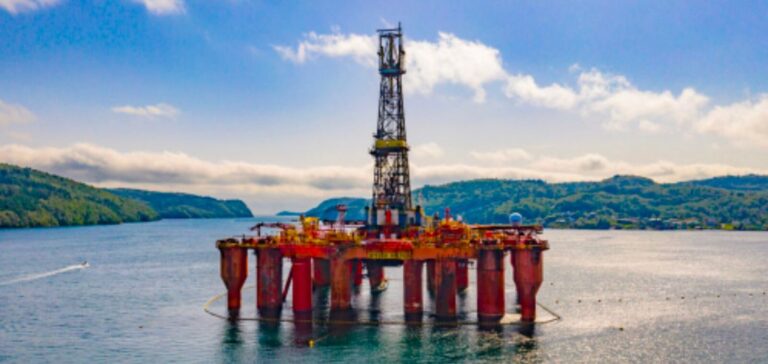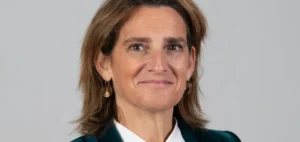Norway, which has become Europe’s leading supplier of natural gas, has accepted French, German and British military contributions to secure its oil sector, announced its
Prime Minister on Friday after the alleged sabotage of the Nord Stream gas pipelines in the nearby Baltic Sea.
“We are in discussion with our allies to increase the presence in Norwegian waters and have accepted German, French and British contributions,” said Norwegian Prime Minister Jonas Gahr Støre at a press conference.
The announcement comes days after four leaks, preceded by explosions, were detected on the Nord Stream gas pipelines linking Russia and Germany under the Baltic Sea, an incident generally considered to be an act of sabotage.
“I understand that people are worried about the consequences that the situation in the Baltic Sea may have and that something similar may happen on the oil facilities,” said Støre.
“We have no indication that there are any direct threats against the Norwegian oil sector,” he reiterated, however.
After the leaks and explosions that occurred on the Nord Stream 1 and 2 gas pipelines off the Danish island of Bornholm, between southern Sweden and Poland, Norway had already announced a reinforcement around its own oil infrastructure with, in particular, a “more visible” military presence.
On Friday, Mr. Støre said that two Norwegian Coast Guard vessels had been diverted to patrol near the oil platforms and that the area was also being monitored by a maritime patrol aircraft.
Having become the main supplier of gas to Europe after the reduction of Russian deliveries in the wake of the war in Ukraine, Norway is linked to the Old Continent by a network of undersea gas pipelines stretching for nearly 9,000 kilometers.
This vast web of pipelines is considered vulnerable to an act of sabotage by experts, while Norwegian supplies are considered essential to meet the energy needs of a Europe that is desperate as winter approaches.
Mr. Støre, who met on Friday with several European leaders and the head of Nato, is expected to visit the Sleipner oil platform in the North Sea on Saturday.





















